OPERA
OPERA is a simple, yet comprehensive framework that activists and researchers can use to more systematically analyze whether governments are meeting their economic and social rights obligations. OPERA groups together relevant obligations into four dimensions: Outcomes, Policy Efforts, Resources, and Assessment.
It centers a problem facing a particular community or communities and then zooms out to analyze its underlying causes. Where we see problematic outcomes, how have the government’s action (or inaction) affected them? How has the use of resources affected that action? In light of the broader context, is the government responsible for the problem? This helps us understand not just what’s happening, but why.
As well as identifying what questions need to be answered under each of these dimensions, OPERA also suggests tools and techniques for how to answer them. But, importantly, these can be interchanged and adapted to different contexts. Data is a key tool. By illuminating trends and patterns, it helps to debunk myths, reveal new insights and, ultimately, expose systemic injustices. This, in turn, helps to connect the problems communities are facing back to the action or inaction of the government—building a stronger case that it amounts to a human rights violation.
OPERA provides a guiding lens for CESR's work. We’ve also accompanied partners within and beyond the human rights field as they’ve used it to inspire action for change—from local grassroots activists to international organizations. OPERA is grounded in, and enriched by, these experiences. If you’d like to find out more about this work, see our resources below and get in touch with our team.
Showing 1 to 30 of 55 results
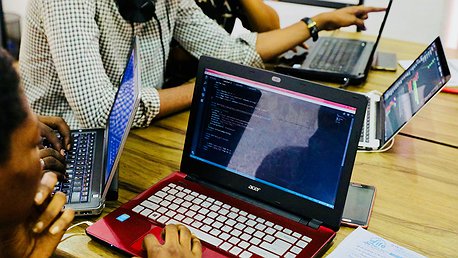
What we learned from the first cohort of the Decoding Injustice Learning Lab
In 2023, CESR's Decoding Injustice Learning Lab welcomed its inaugural cohort. Here's a glimpse into what we've learned and our aspirations for future editions.
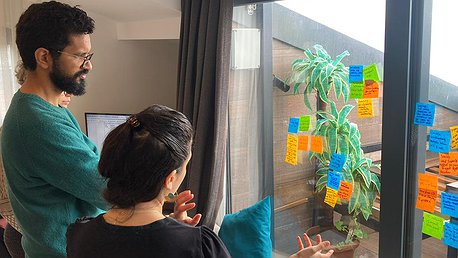
Decoding Injustice in practice: unpacking the role of human rights in economic justice struggles
This year, a group of six researchers from CESR and the Tunisian Observatory of the Economy (OTE) gathered in Istanbul. We shared Decoding Injustice, learned about how OTE approaches their research, and looked for synergies between the two.

When the Water Runs Dry: Human Rights, Climate Change & Deepening Water Inequality in Delhi, India
A new report by Harvard Law School’s International Human Rights Clinic uses our OPERA framework to monitor the fulfillment of ESC rights in Delhi, India.
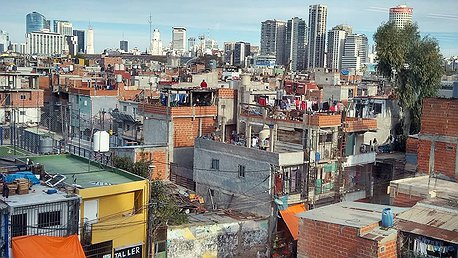
Latin America: CESR course on budgets and human rights
Registration is open for CESR's course "Sin recursos no hay derechos" at the Latin American "School for Activists", organized by our partners ACIJ, Namati & Red de Empoderamiento Jurídico.

The right to health of miners in Botswana
This brief case study examines the use of OPERA, CESR’s research framework, to assess the right to health of miners and ex-miners in Botswana.

Testing the Water: Using Opera to Assess How the Right to Water in India Is Protected in a Changing Climate
How can activists expose the effects of government policies on people's rights? In this guest blog, Harvard law student Laura Bach details her experience using our OPERA Framework to explore how the right to water is guaranteed in India.

Sharing Tools to Evaluate the Impact of COVID-19 Recovery Measures
On March 5th, CESR led a skill-sharing session with members of EuroMed’s Economic and Social Rights Working Group, which explored ways to assess economic responses to COVID-19 through a human rights lens.
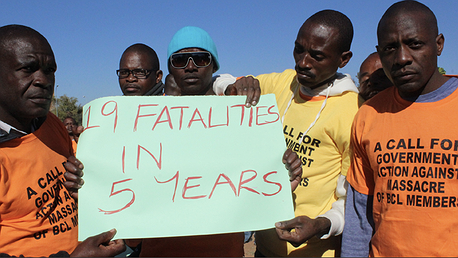
All Risk and No Reward for Botswana’s Miners
Drawing on two years of research and interviews with Botswanan miners, All Risk and No Reward describes how miners are denied access to quality healthcare and adequate and timely compensation for workplace injuries.
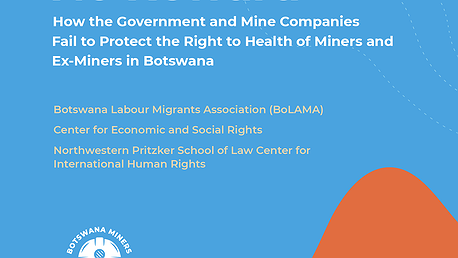
Publications, Reports & Briefings
All Risk and No Reward: How the Government and Mine Companies Fail to Protect the Right to Health of Miners and Ex-Miners in Botswana
CESR partnered with the Botswana Labour Migrants Association (BoLAMA) and Northwestern Pritzker School of Law Center for International Human Rights to investigate enjoyment of the right to health by the people who built Botswana’s wealth – miners and their communities.
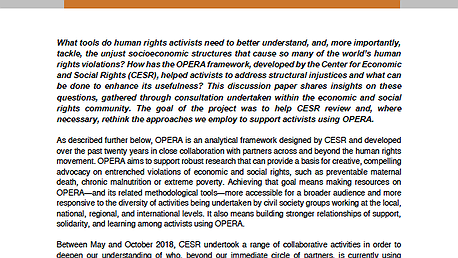
Publications, Reports & Briefings
The Next Act for OPERA
Consultations with partners who use the OPERA framework found that users need practical guidance and creative models.
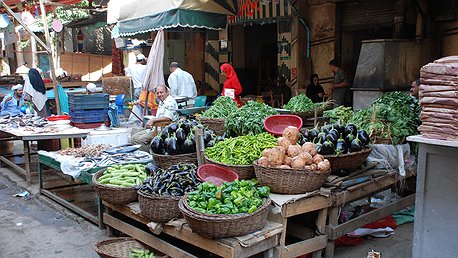
Co-designing and Threat-modeling Accountability Tools for Restricted Civic Spaces: the Egypt Social Progress Indicators Platform
CESR staffers will be at #RightsCon next week in Tunis and on June 13th will host a session on "Co-designing and Threat-modeling Accountability Tools for Restricted Civic Spaces."
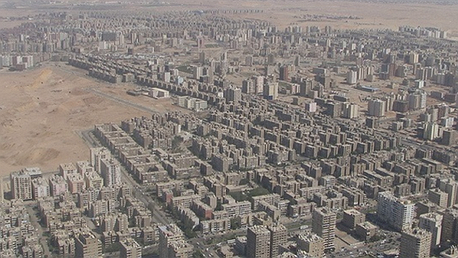
Egypt Social Progress Indicators Reveal How Austerity Feeds Gross Inequalities
The Egypt Social Progress Indicators Project finds that IMF-mandated austerity policies are amplifying severe inequalities and undermining the rights to health, education, housing and decent work for millions of Egyptians.
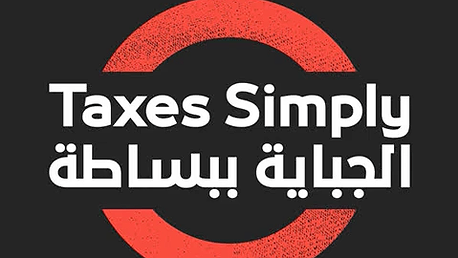
ESPI provides alternative to traditional economic indicators that ignore the disenfranchised
Mahinour El-Badrawi was interviewed about ESPI for Tax Justice Network's Arabic Podcast.
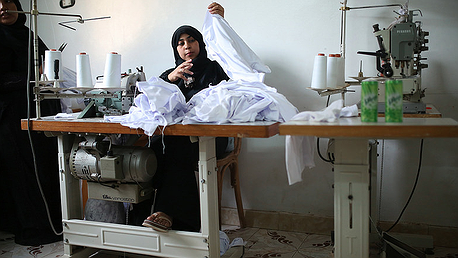
Labor rights and workplace equality in Egypt: new measure finds progress lacking
The Egypt Social Progress Indicators (ESPI) project recently released findings reflecting an overall need for broad policy changes to improve labor rights, working conditions and wage trends.
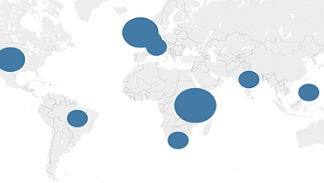
OPERA House Survey Results: A diverse set of users with a diverse set of needs
OPERA House partner survey results have given us a clearer picture of who is using OPERA, CESR's ESC rights monitoring framework, and how it is being used.
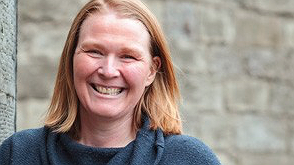
OPERA Stories: Using the framework to map community concerns in Scotland
Alison Hosie discusses how OPERA allowed the Scottish Human Rights Commission's diverse group of workshop participants to approach socioeconomic issues from a more human rights-based analytical perspective.
Join our community call sharing OPERA Stories
CESR will be hosting a second community call for our OPERA House project next Monday, July 16th.
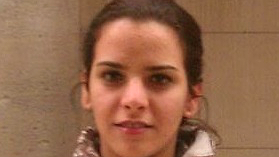
OPERA Stories: Using metrics to reframe “progress” in Egypt
Heba Khalil is a longstanding collaborator with CESR, most recently on the Egypt Social Progress Indicators. She is a PhD student at the University of Illinois and a researcher with the Social Justice Platform (SJP).
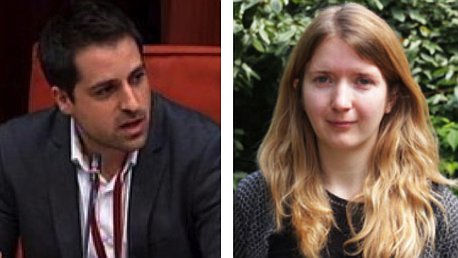
OPERA Stories: Giving indicators and benchmarks a human face in the UK
Koldo Casla and Imogen Richmond-Bishop discuss using OPERA in a national human rights context and the importance of a human element in rights advocacy work.
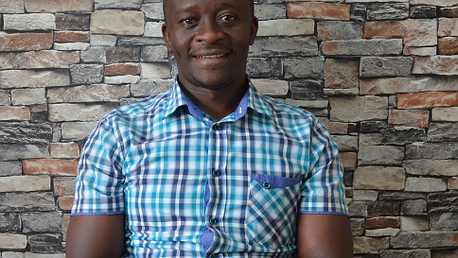
OPERA Stories: Advancing rights implementation in Kenya
This first blog in our “OPERA Stories” series highlights NGO Hakijamii's use of OPERA, our analytic framework, to support rights-claiming in Kenya.
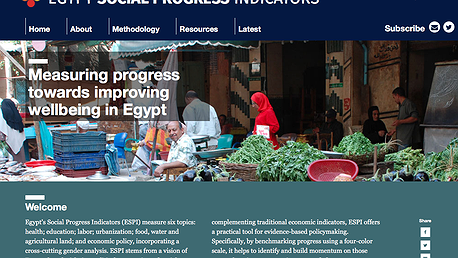
Egypt: New rights-based metric measures social and development progress
A new metric, developed jointly by CESR and its partners in Egypt, offers a more multidimensional view of the socioeconomic situation in Egypt and its human impacts.
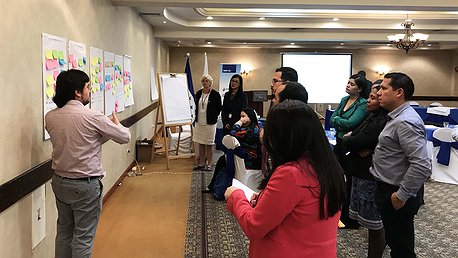
Latin American national human rights representatives trained in ESCR
CESR’s Mihir Mankad and Sergio Chaparro facilitated a regional training workshop on economic, social and cultural rights (ESCR) in Tegucigalpa, Honduras.
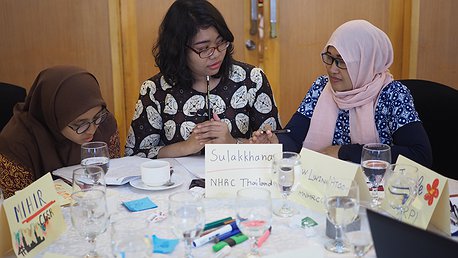
The next act for OPERA
The OPERA House project asks which tools human rights activists need to better understand and tackle the unjust socioeconomic structures that cause so many of the world’s human rights violations.
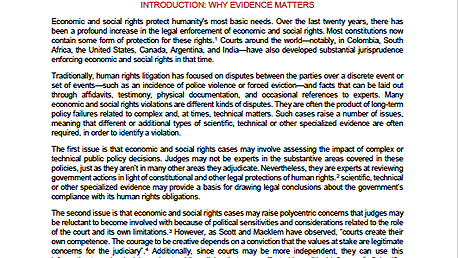
Mapping evidence in national litigation on economic and social rights
Courts rely on specialized evidence like technical data in pursuing an economic and social rights claim.
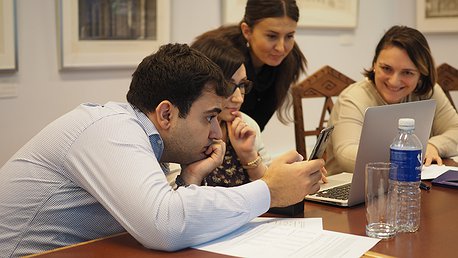
The next act for OPERA: Part 2—How do we get there?
CESR wants to deepen its understanding of who is currently using OPERA or its related methodological tools, and how. We’re inviting interested collaborators to sign up to learn more about getting involved in the OPERA House project.
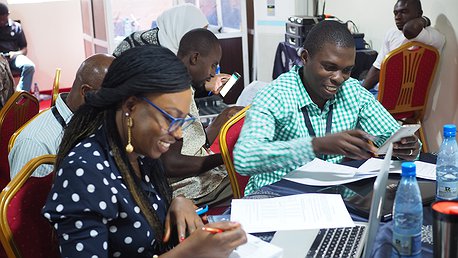
The next act for OPERA: Part 1—From where to where?
What tools do human rights activists need to better understand, and, more importantly, tackle, the unjust socioeconomic structures that cause so many of the world’s human rights violations? The Center for Economic and Social Rights is excited to embark on a new project over the next six months—the OPERA House—that seeks to answer that question.
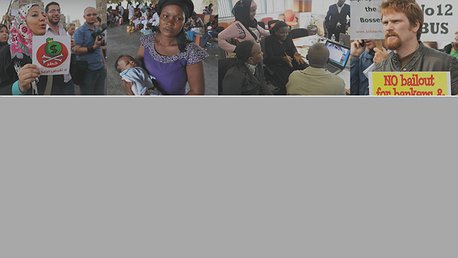
OPERA in Practice: Silenced Minds - The Systemic Neglect of Mental Health in Kenya
CESR and partners used OPERA to monitor the government's fulfillment of the right to mental health.
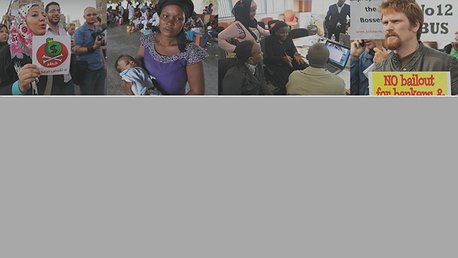
OPERA in Practice: Defending Reproductive Rights of Angolan Women
CESR and partners' submission to CEDAW about women's reproductive rights in Angola.
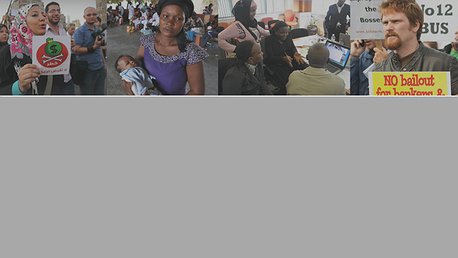
OPERA in Practice: Human Rights in Ireland's Economic Meltdown
CESR analyzed Ireland’s economic crisis and subsequent austerity policies.
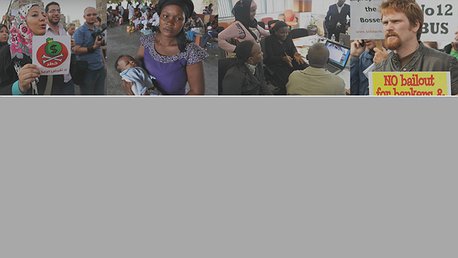
OPERA in Practice: Visibilizing Rights in Post-Revolutionary Egypt
CESR compiled a factsheet as a snapshot illustrating rights realization in Egypt in 2013.